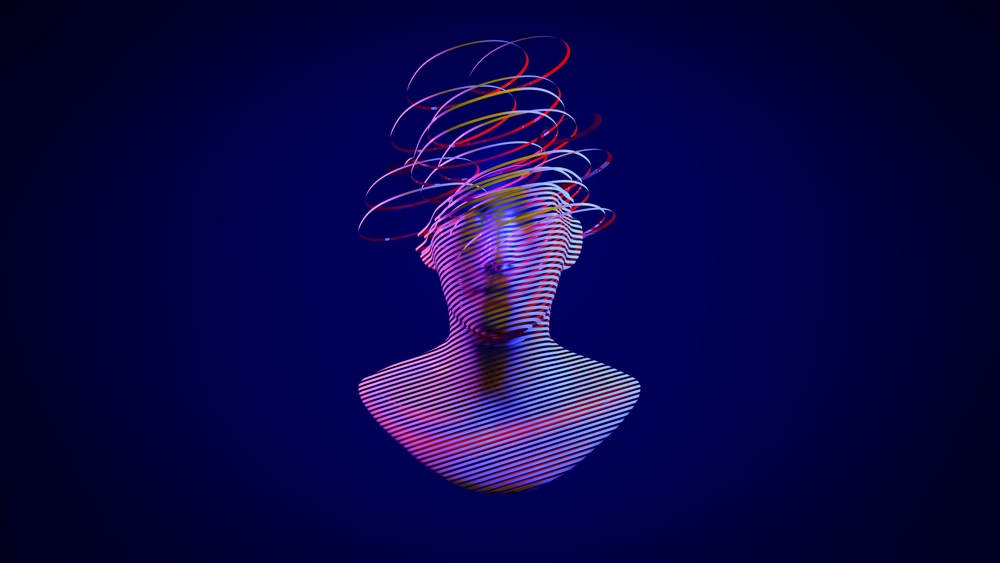U.S. District Court Judge Beryl A. Howell recently rendered a significant decision concerning the copyright status of AI-generated art. This ruling emerged in response to a lawsuit initiated by Stephen Thaler, who sought copyright protection for an image crafted using the Creativity Machine algorithm.
The Copyright Conundrum: Human vs. Non-Human Creators
Stephen Thaler’s persistent efforts to secure copyright for an image engendered through the Creativity Machine algorithm have prompted legal debate. Thaler’s intention was to classify the image as a commissioned work, attributing authorship to the algorithm while maintaining ownership himself. Unfortunately for Thaler, his application encountered repeated rejections.

The Legal Verdict: Exploring Human Authorship in Copyright
In response to the final rejection of Thaler’s application, he took legal action against the US Copyright Office (USCO), alleging the denial was unlawful. Nonetheless, Judge Howell dissented, asserting in her judgment that non-human creations were never eligible for copyright protection. She emphasized the foundational role of human authorship in copyright law.
However, Judge Howell acknowledged the impending intersection of AI and copyright, recognizing the emergence of a new frontier. With artists increasingly employing AI as a creative tool, determining the requisite level of human involvement for copyright registration becomes a complex challenge.
Thaler’s attorney, Ryan Abbot of Brown Neri Smith & Khan LLP, expressed disagreement with the court’s interpretation and outlined plans to appeal the ruling.
AI and Copyright Litigation Landscape: Recent Cases
The legal realm is witnessing a surge in cases revolving around copyright and AI in the United States, concludes NIX Solutions. Notably, Sarah Silverman and fellow authors brought a lawsuit against OpenAI and Meta, alleging unauthorized use of their works in AI training. Similarly, programmer and lawyer Matthew Butterick initiated legal action against Microsoft, GitHub, and OpenAI, contending that the employment of copyrighted code for AI training constitutes piracy. These cases underscore the ongoing legal and ethical complexities surrounding AI-generated content and intellectual property.
